Türkiye has signed a joint declaration with Iraq regarding the common fight against terror and the elevation of bilateral relations to the strategic level. The two countries established several bilateral standing committees regarding, among other topics, trade, energy, water, agriculture and cooperation against terror organizations.
This declaration comes amidst a strong and evolving context: The Turkish government has announced to widen its operations against the PKK in Iraq. The Iraqi government called to the United States to withdraw its military presence from the country. The Red Sea and the Suez Canal are day by day serving less as a transport route.
We asked ret. Brigadier General Fahri Erenel, head of the Department of Political Science and Public Administration at the University of Istinye for his interpretation.
With this declaration, the Iraqi government has determined the PKK as an illegal organization the first time in history. What is your expectation of that for Türkiye’s cross-border operations?
Since 1984, Türkiye has conducted numerous cross-border operations into northern Iraq, where the PKK has its logistics bases, training camps and preparation sights for attacks against our country. But until recently, these operations were temporary. As they did not suffice, Türkiye has started a preventive strategy against the terror, fighting it on the site where it emerges.
Previously, the Iraqi governments were condemning, for instance in UN institutions, these operations as a violation of the country’s sovereignty.
In the operation “Claw”, Türkiye has established permanent bases in northern Iraq, with the numbers increasing day by day. But these bases do not serve much in the purpose of eliminating terror, as long as the terror organization can circumvent them from the south, the Sinjar region.
Therefore, Türkiye needed to advance further south, towards Hakurk for instance. For achieving legitimacy, the cooperation with the Iraqi government has become necessary. Besides, moving further south, Türkiye wants the Iraqi government also to become more active.
On the other side is the fact that Iraq is facing to fall into a vacuum: The Iraqi parliament demanded the withdrawal of US soldiers. We don’t know yet how the Americans will comply with that, but Iraq clearly seeks to fill the void that might erupt with their retreat.
To ensure the country’s safety and welfare, Bagdad had two choices here: cooperation with Türkiye or with Iran. They knew well that Iran might exercise influence via Shia groups, which in fact displayed serious disagreements among themselves, as the recent elections have shown.
In effect, to establish the balance after US retreat, the choice of the Iraqi government fell on Türkiye as a strong regional power and NATO member.
Türkiye in exchange demanded the establishment of the Development Path that departs from the Fao Port in the Persian Gulf, passes through the entire Iraq, and reaches Turkish soil to later continue to Europe.
Ad Turkish President Erdoğan mentioned, this path is very important both for the Turkish and Iraqi economy. This is currently the only path exports of goods from China as well as Iran can take. It includes the modernization of the port and the construction of a railroad and highway.
Here, security risks around Mosul and Soleimania, the latter being controlled by the Patriotic Union of Kurdistan, need to be resolved. That might establish the ground for a further advance of Turkish Armed Forces towards Mosul and Kirkuk. The joint declaration establishes this happens in the context of a bilateral official agreement.
This progress might include the establishment of a joint command between the two armies. I consider that the ground is being prepared, and with the Turkish President Erdoğan’s visit to Iraq in April, most probably a comprehensive defense and security agreement will be signed.
That will only be the final point. Since months, there have been mutual visits between intelligence personnel of the two countries.
We see that both countries are determined to end the terror. Here, specifically, the crossing between Iraq and Syria around Sinjar is of importance. There had been agreements between the Kurdish Regional Government and the Iraqi central government in regard to that before, but with no concrete steps. A joint mechanism including Türkiye may succeed in that.
Such a move would cut off the connection between the PKK in Iraq and its subsidiaries in Syria. That of course requires the support of Iran, as the PJAK, its other arm, is organized there. I think this issue was discussed in the recent visit of the Iranian President Raisi to Türkiye. And the model established here can then be applied to Syria.
Some express the opinion that the Turkish-Iraqi cooperation is directed to exclude Iran. How probable is in your opinion to convince Iran to support it?
I think Iran has no other option but to agree. Because Iran has only access to Syria, to Lebanon and the Hezbollah via Iraq. There are, as I mentioned, serious disagreements among the Shia in Iraq. Should Tehran decide to provoke more conflict among these, the Shia oriented towards Iran might face serious problems with the rest.
I think Iran should take part in the common good. Besides, Iraq cannot pursue such a cooperation with Iran. This Development Path is only possible together with Türkiye. Besides, the Chinese, already very active in construction in Iraq in terms of ports and also housing, evaluate the Path positively as a means to access the European markets.
Remember that Chinese access to the port of Haifa in Israel has been limited recently, as well as to the ports of Trieste and Piraeus. The Chinese can also not use the northern route via Russia. And in the Red Sea, shipping is facing the Houthi attacks. Hence, they want to use the Fao Port to lessen their dependency.
As for Iran: Iranian officials recently visited Baghdad. I think that Türkiye can be in a close cooperation with Iran. As you know, there is the Astana Format regarding Syria. This model can also be applied to Iraq.
At the end, the security of Syria is connected to that of Iraq. One cannot have safety without the other. In that sense, I consider it quite logical that regional powers enter into a cooperation.




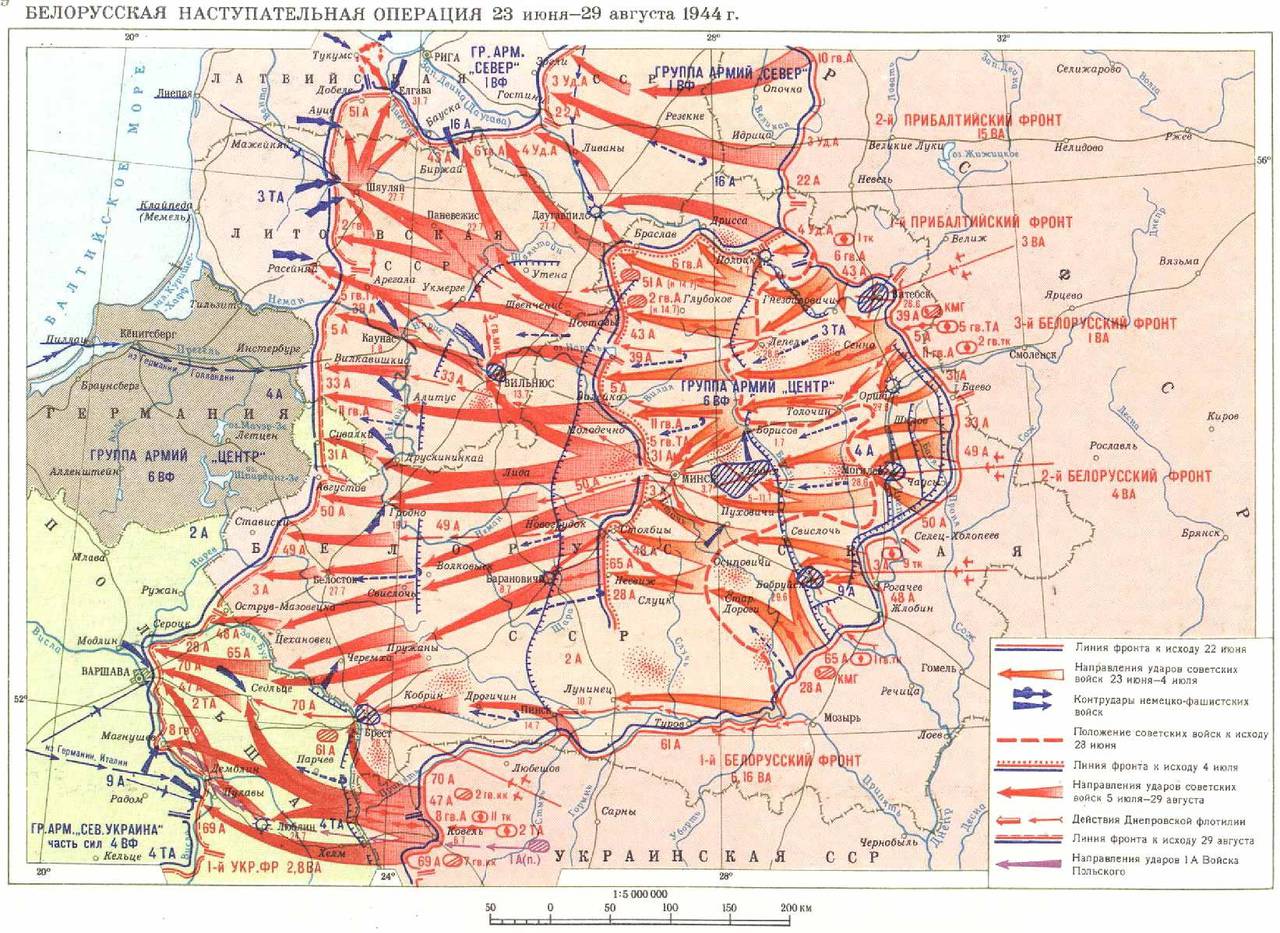
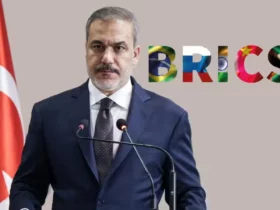

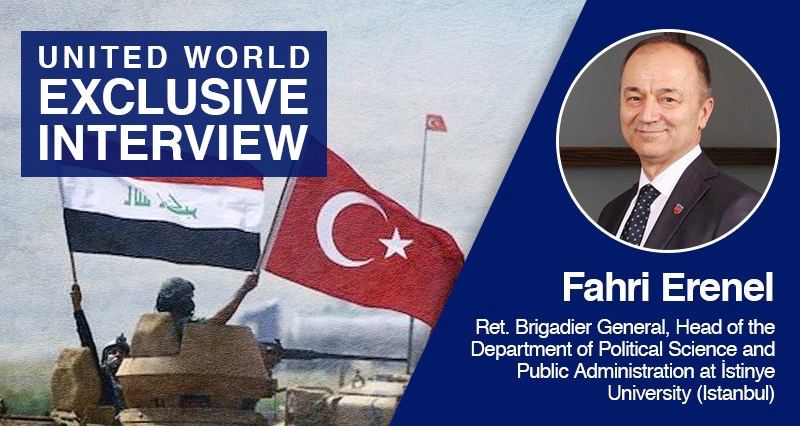
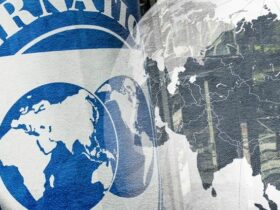
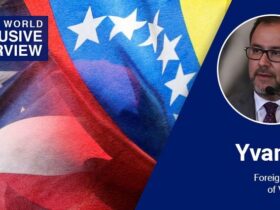
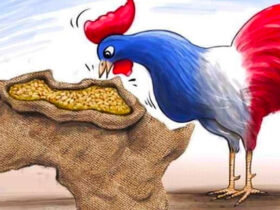
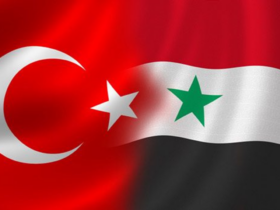
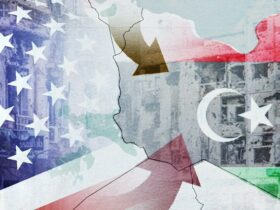
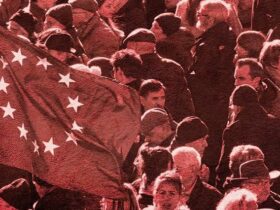
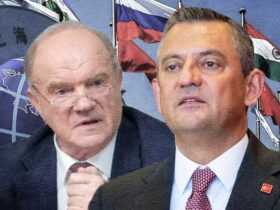
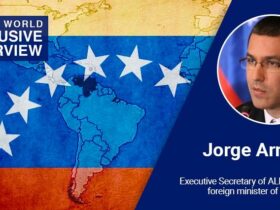

Leave a Reply